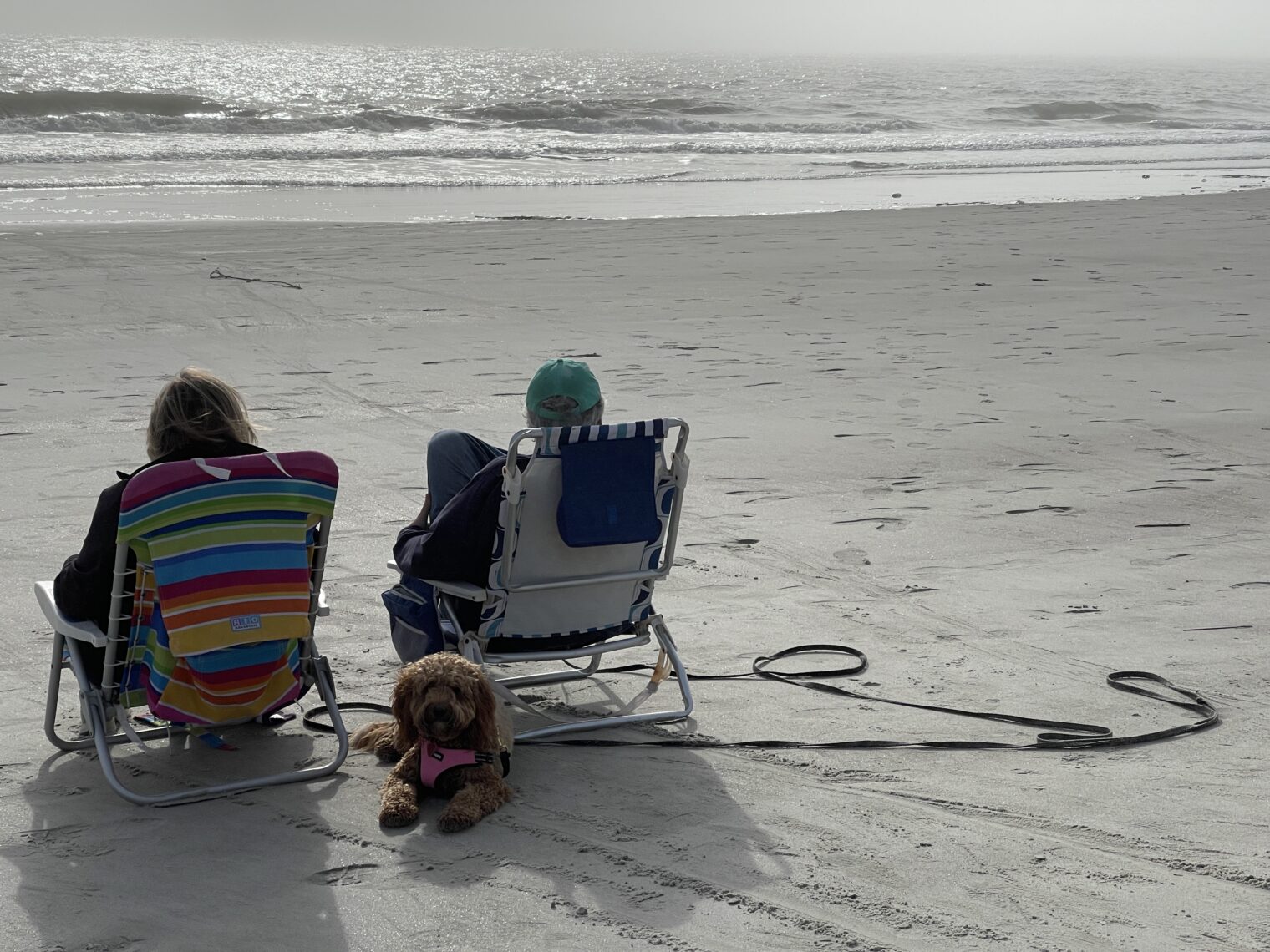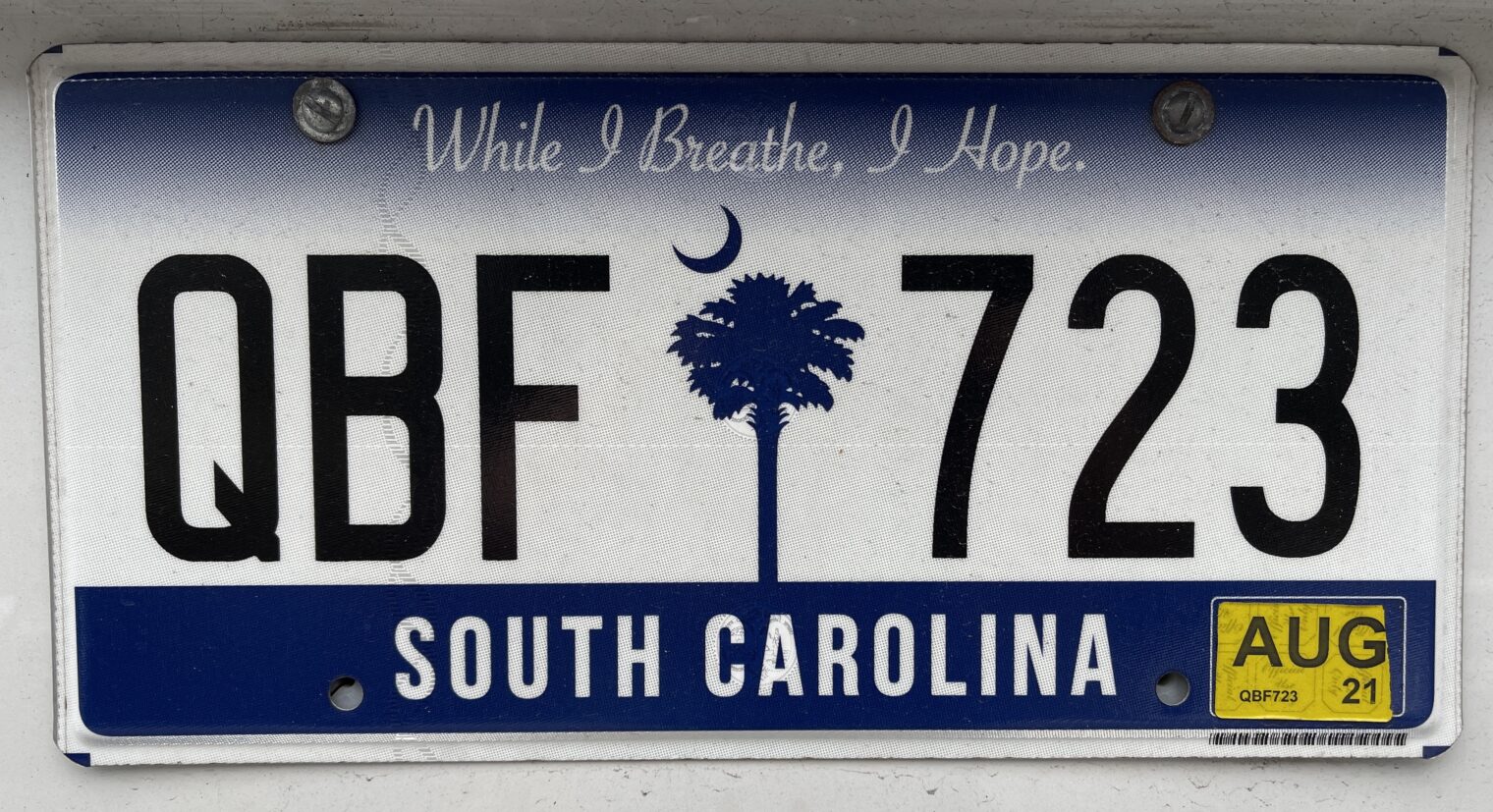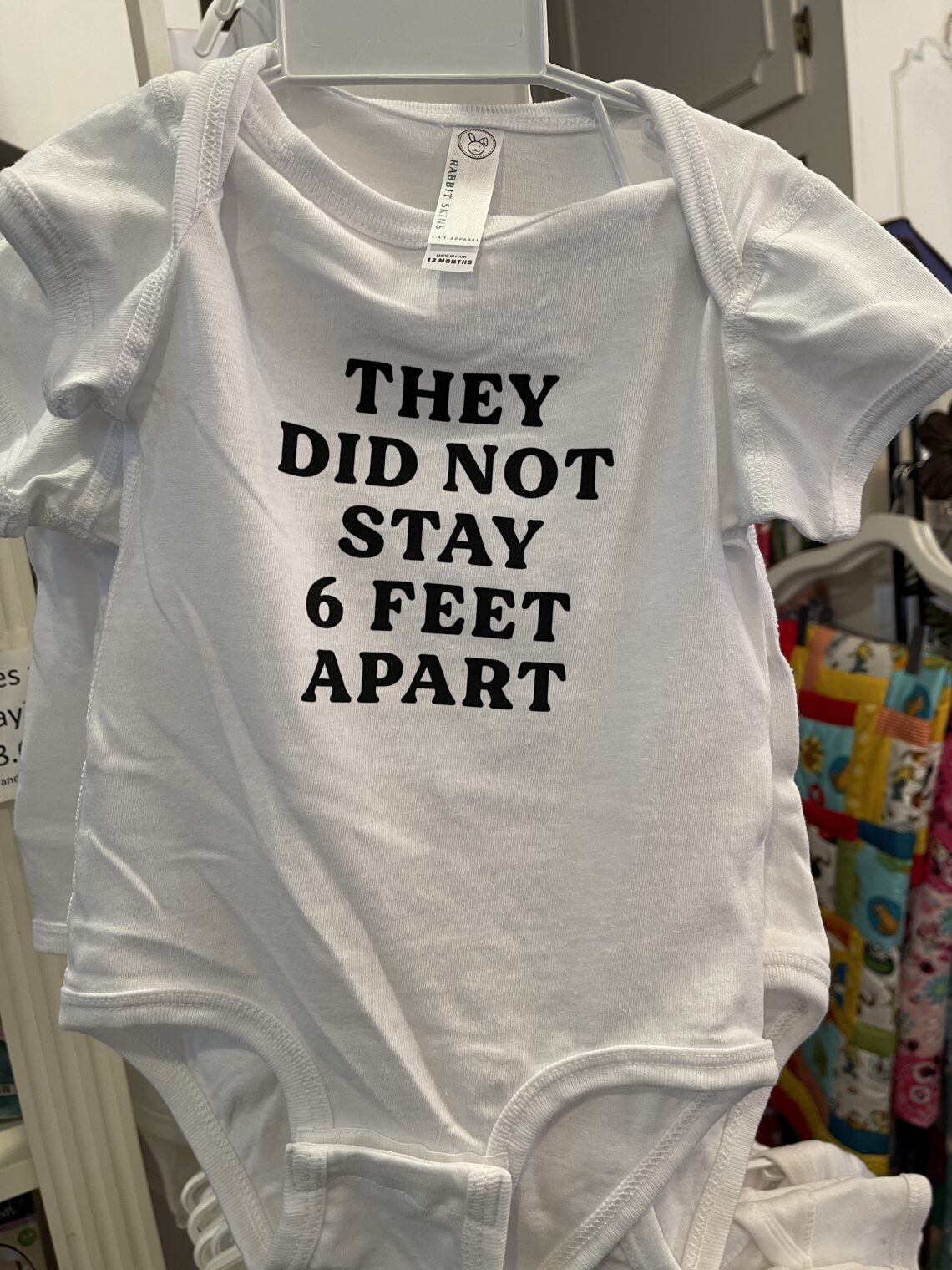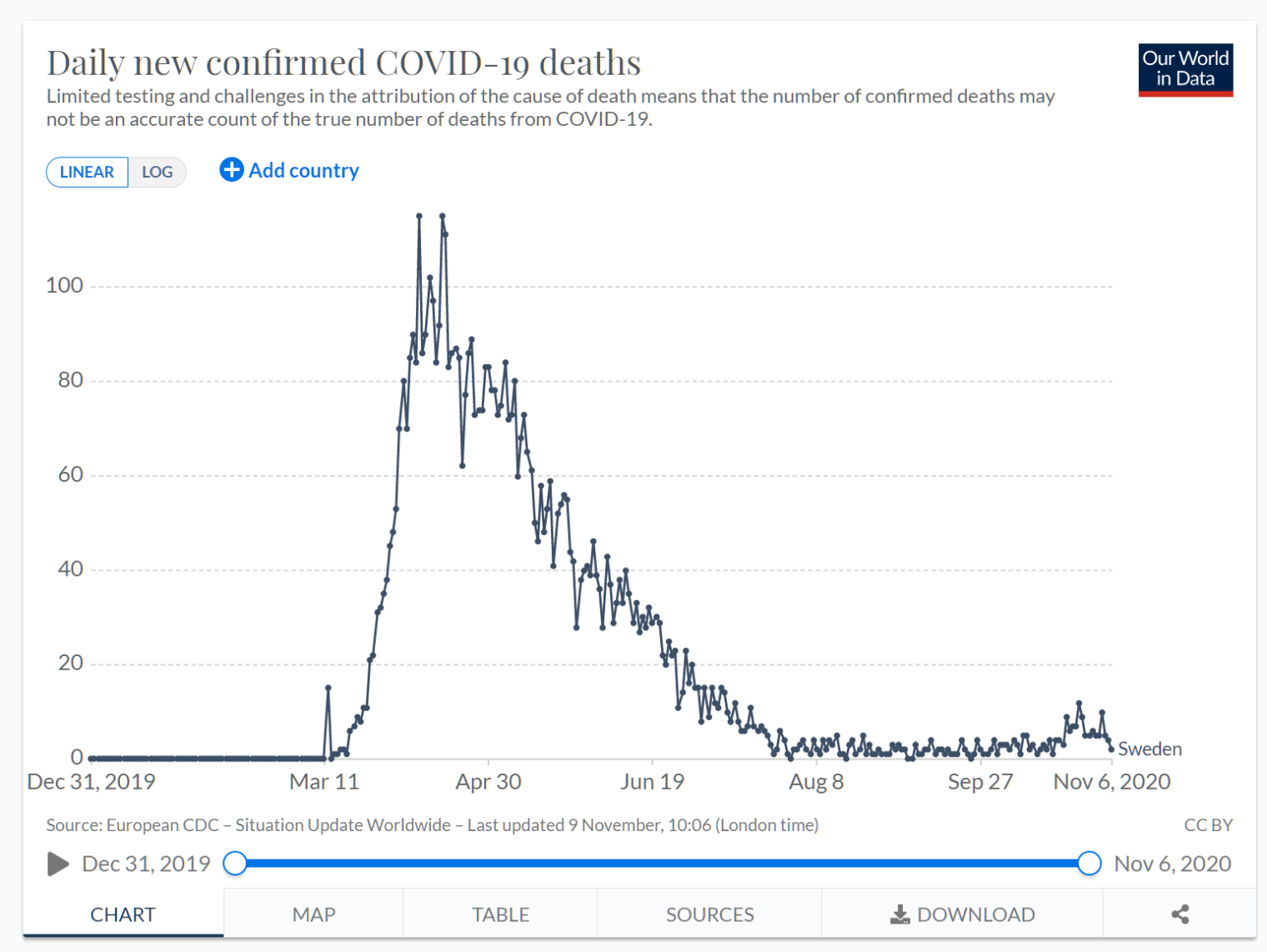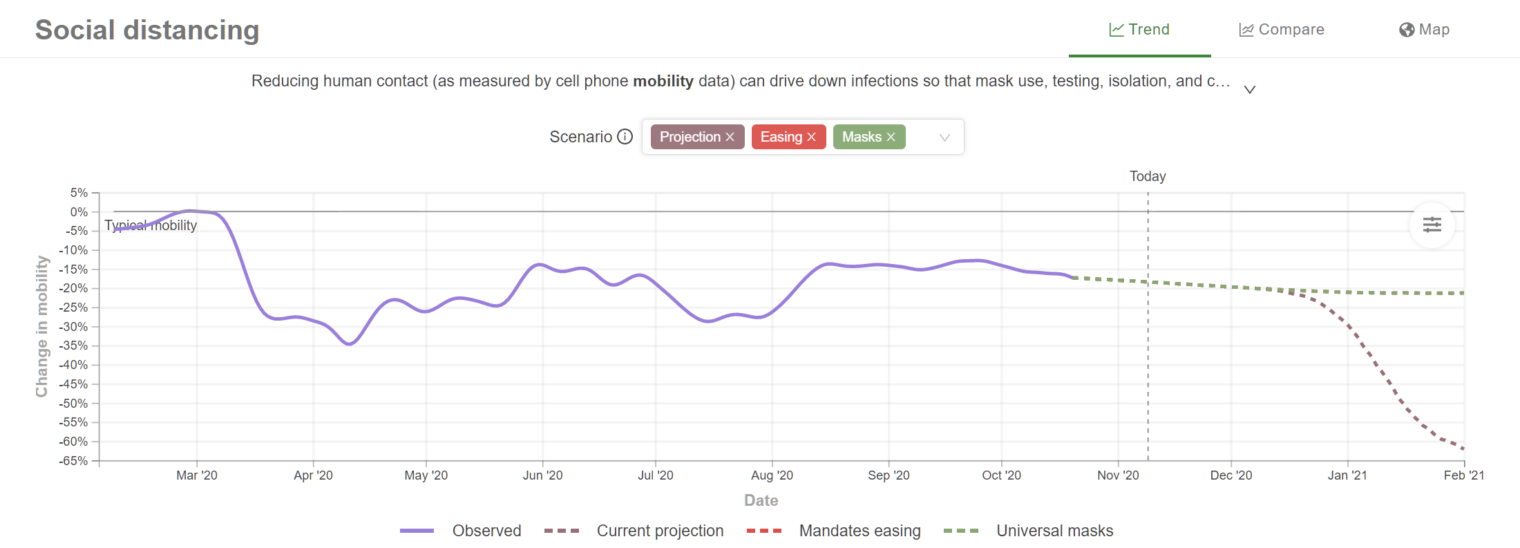Doctors take the Hippocratic Oath, in which they promise, depending on the version, to “do no harm”, do what will benefit their patients, and avoid “overtreatment.”
Suppose that a healthy slender 20-year-old calls up to a doctor’s office and says “By governor’s order, I am not allowed to leave my house unless you stick me with a COVID-19 vaccine.” Is it ethical for the doc to vaccinate him/her/zir/them?
A healthy slender 20-year-old is more likely to be killed in a car accident driving to/from the doctor’s office than he/she/ze/they is to be killed by COVID-19. Can the doctor ethically and consistently with the Hippocratic Oath intervene in this person’s body? Even if we had years of data proving these brand-new vaccines safe, they are unnecessary for a 20-year-old with no health conditions that would render him/her/zir/them vulnerable to COVID-19. A doctor isn’t supposed to do unnecessary things to patients.
How about the argument that sticking Patient A with a vaccine with help Patients B, C, D, and E? That’s a fine public health argument, and maybe a technician working for the state could do it, but it doesn’t seem consistent with the physician’s oath.
I asked a medical school professor friend for his thoughts on this. He couldn’t think of any other situation in which doctors apply procedures to patients for whom there is no medical benefit with the justification that others will benefit. He did not believe that vaccinating the young/healthy against COVID-19 was consistent with the Hippocratic Oath.
Readers: Are we breaking new ethical ground here? Is there an ethical problem? (If the answer is that there isn’t an ethical problem, can we start harvesting organs out of young people in order to keep old people alive? Common sense organ control tells us that young people don’t need two kidneys and a full-size liver, right?)
Ethical question #2: Is it ethical to throw out vaccine doses because you’re too lazy to post on Facebook or Twitter or call a few friends? From “CEO of Health Center Explains Why COVID Vaccine Doses Had to Be Thrown Out” (NBC Boston):
The CEO of the Brockton [Maskachusetts] Neighborhood Health Center says doses of the COVID-19 vaccine were thrown away on Christmas Eve while they were vaccinating health care workers, due to some of those workers not showing up for their inoculations.
“Since the vial is only good for six hours after we start using it, there was no way we could put it in your fridge like we do the other vaccines and just use it in the morning,” Joss said. “There was just no way to salvage the remaining doses.”
“For our staff, that vaccine is just like gold. They’re protecting it like nothing else,” said Joss. “And yet, I think, at the same time, just by the fragility of the vaccine, I think it’s probably, it’s probably going to happen here and there.”
It’s like gold, but sometimes we need to throw gold away because it is too tough to find additional humans in thinly settled eastern Maskachusetts (Brockton itself has a population of roughly 100,000 and a continuously raging coronaplague among its low-skill immigrants). (Of course, in New York “providers who knowingly administer the vaccine to individuals outside of the state’s prioritization protocols may face penalties up to $1 million, as well as revocation of all state licenses” by governor’s order, but our governor hasn’t issued any new orders since #59 on December 22 (the “emergency” declared nearly a year ago continues, but we’ve had no new orders for two weeks).)
Full post, including comments 
